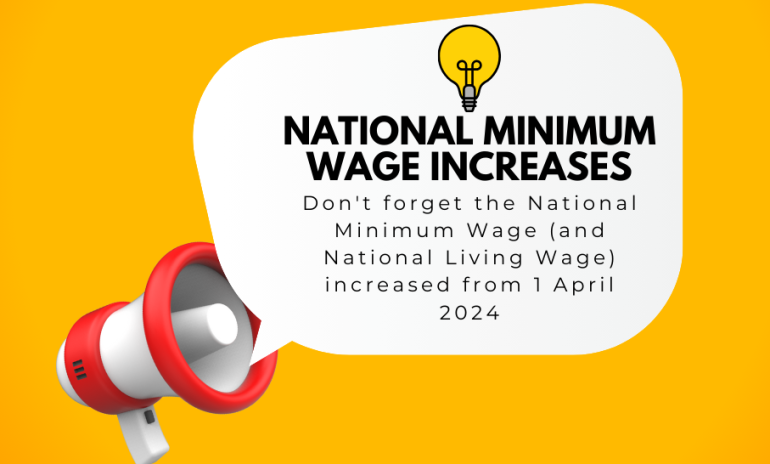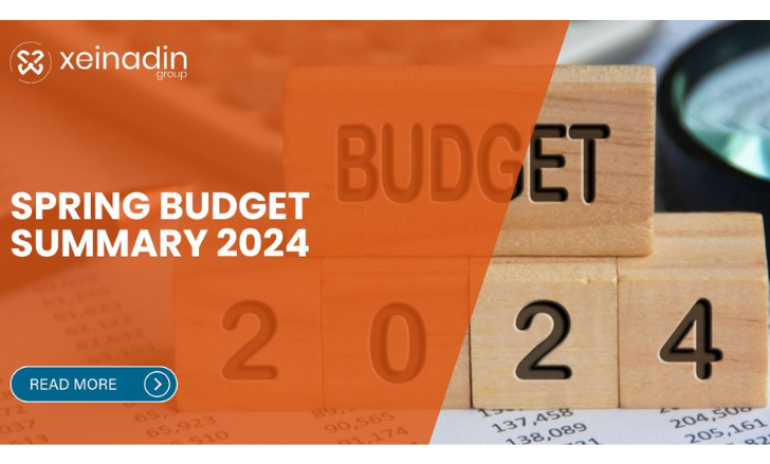Business owners may need to settle their debts
Date: 22/03/16

Business owners and shareholders are encouraged to consider paying back loans they may have received from their company following the government’s announcement to increase tax rates on advances.
The move to tax loans to participators at a higher rate was announced by the Chancellor in his main speech to Parliament. From April 2016, the rate of tax payable by a company on any balances lent by it to an individual participator or related unincorporated business will increase from 25 per cent to 32.5 per cent.
This tax payment is designed to ensure that the Treasury receives the same amount that it would receive had it been paid out by dividend to a higher rate taxpayer instead but is repayable to the company when the advance is repaid.
This new measure is intended to mirror the effective higher rate of income tax on dividends which comes into force on 6 April 2016.
Under these changes the way dividends are taxed will change and the 10 per cent tax credit currently available to taxpayers will be abolished to be replaced by a flat rate personal dividend allowance of £5,000.
Any dividends received in excess of this allowance will be taxed at 7.5 per cent if dividend income is within the standard rate (20 per cent) band; 32.5 per cent if dividend income is within the higher rate (40 per cent) band and 38.1 per cent if dividend income is within the additional rate (45 per cent) band.
First the Chancellor came after dividends and now he has decided that it is time to tackle loans to owners, which effectively means any form of remuneration not linked to a salary will now be penalised.
While I appreciate that the government can lose out on national insurance contributions when payments are made by way of dividend, the use of dividends is an essential tool to help businesses limit their monthly costs. This way smaller businesses can pay basic salaries to their director shareholders and pay additional dividends to them when profits are available.
This latest Budget made it clear that the government feels businesses should only pay staff and owners through a traditional salary.
Changes to loans to participator rules, dividend taxation and HM Revenue & Customs’ attitude to salary sacrifices highlights the government’s attitude towards tax-efficient remuneration. In this regard the government is seeing any loss of national insurance contributions by the utilisation of these reward systems, even if commercially justified, are tax avoidance.
If you would like to know more then please do not hesitate to contact the office.

Author: Stuart Hinnigan FCA CTA
Stuart’s career in accountancy began when he joined Preston based Moore and Smalley in 1994 following his graduation from Lancaster University. He qualified as a Chartered Accountant in 1997 and then chose to specialise in...
0 Comment
Add your Comment
We have the ability to edit and/or delete posts and comments. Links should be relevant to the topics. Please note all comments are subject to review before inclusion.














Nobody has commented yet. Why not add one?